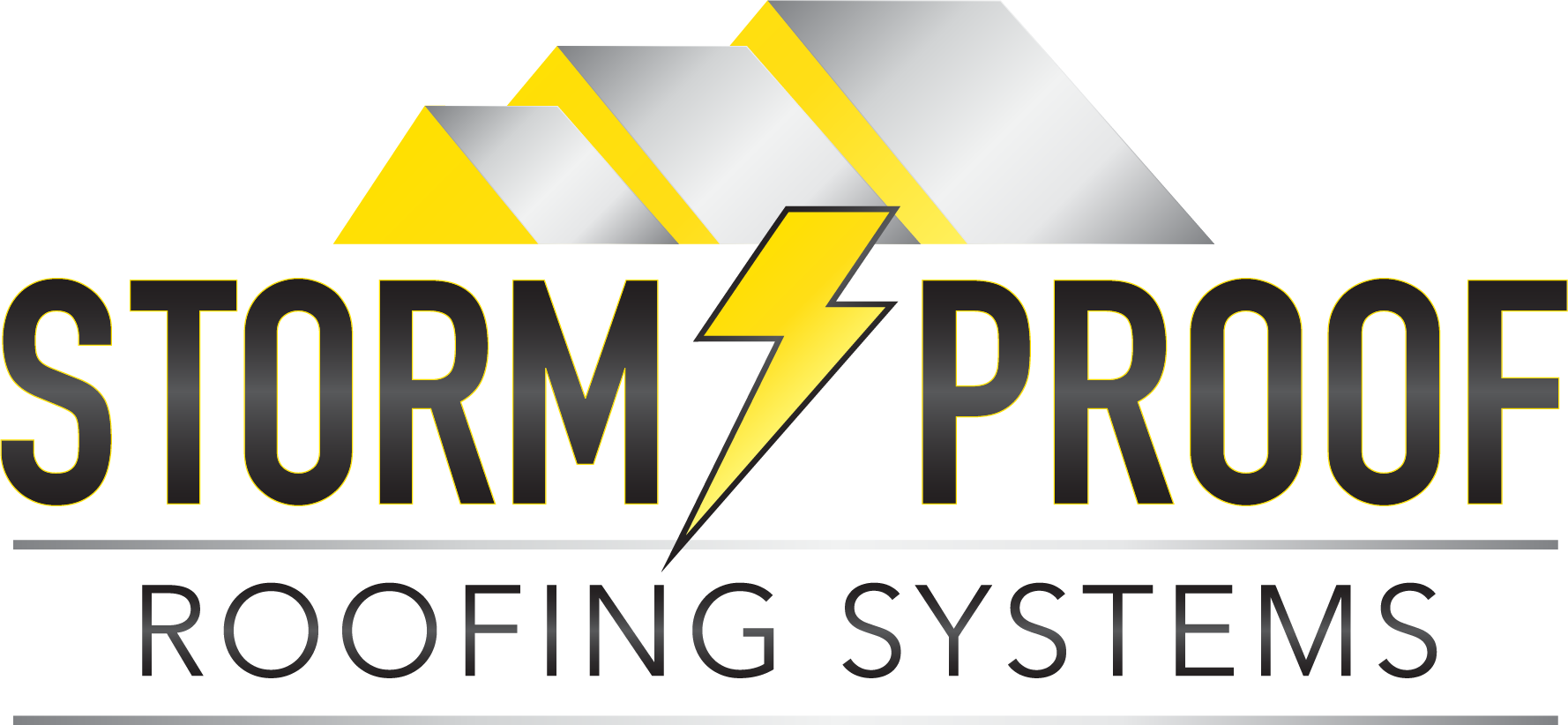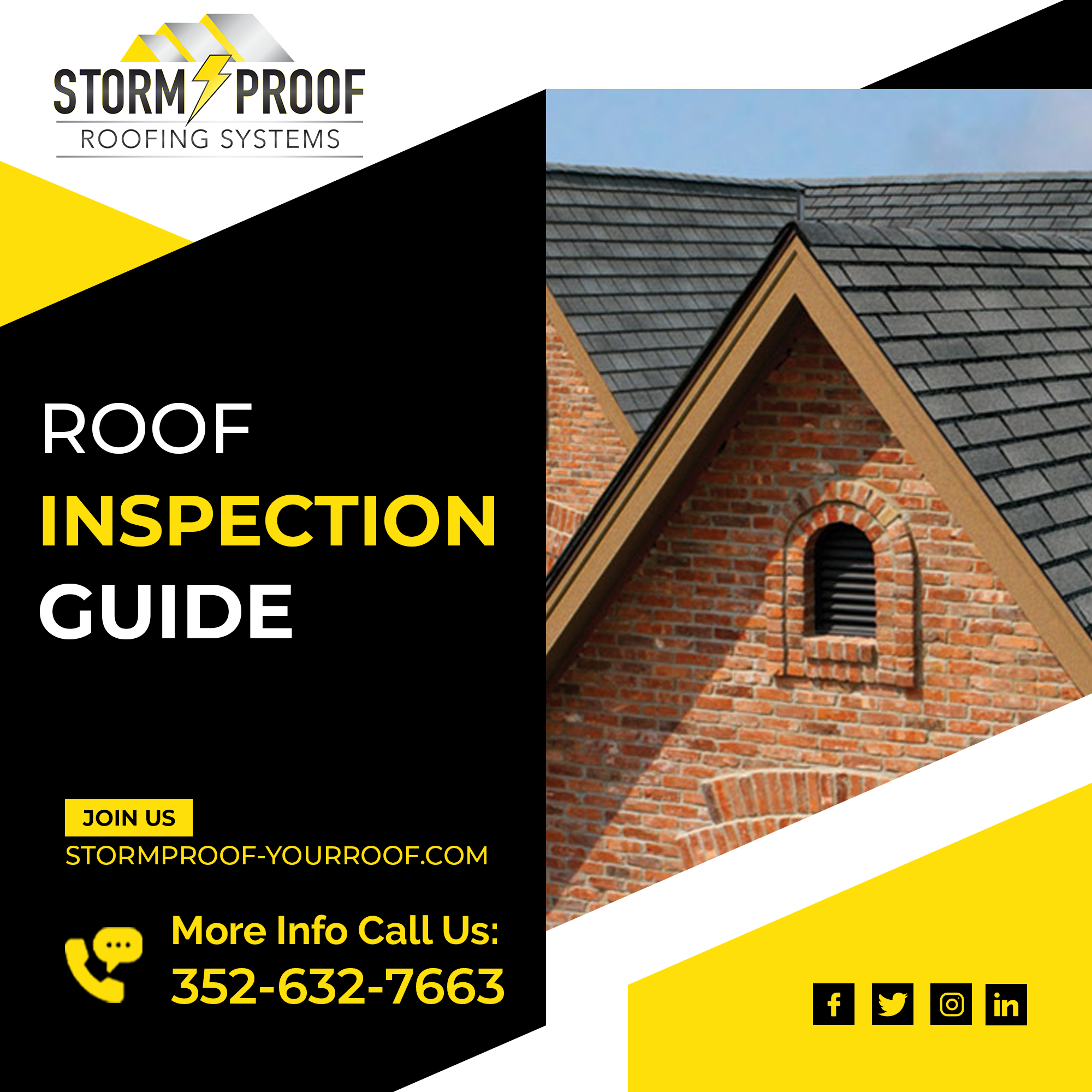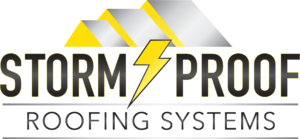When it comes to the safety and integrity of your home, your roof plays a crucial role. Your roof protects your home from the elements and keeps your family safe and dry. That’s why regular roof inspections are an essential part of maintaining a safe and functional home. In this ultimate guide, we’ll cover everything you need to know about roof inspections, from why they’re important to how often you should have them done.
Why Roof Inspections are Important
Roof inspections are important for a number of reasons. First and foremost, they help ensure the safety of your home and family. A damaged or worn roof can lead to leaks, mold, and other serious issues that can compromise the structural integrity of your home. Regular inspections can catch these issues before they become major problems, saving you time, money, and stress in the long run.
In addition to maintaining the safety of your home, roof inspections can also help you save money on repairs and maintenance. By catching small issues early on, you can address them before they become major problems that require expensive repairs or replacements.
How Often Should You Have Your Roof Inspected?
The frequency of your roof inspections will depend on a number of factors, including the age and condition of your roof, the climate in your area, and any previous damage or repairs. As a general rule, it’s a good idea to have your roof inspected at least once a year. However, if you live in an area with severe weather conditions, or if your roof is over 10 years old, you may want to consider more frequent inspections.
What to Expect During a Professional Roof Inspection
When you hire a professional roofing contractor to inspect your roof, there are several things you can expect. First, the contractor will conduct a visual inspection of your roof to look for signs of damage, wear, or other issues. They may also inspect the inside of your attic to look for signs of leaks or other damage.
After the inspection, the contractor will provide you with a detailed report outlining any issues they found and recommendations for repairs or maintenance. They may also provide you with an estimate for any necessary repairs.
DIY Roof Inspections: Pros and Cons
While professional roof inspections are always recommended, there are some DIY steps you can take to keep your roof in good condition between inspections. Some of the pros of DIY inspections include the ability to catch small issues early on and the potential to save money on repairs. However, there are also some cons to DIY inspections, including the risk of injury or damage to your roof, and the potential for missing more serious issues that may require professional attention.
Conclusion
In conclusion, regular roof inspections are an essential part of maintaining a safe and functional home. By catching small issues early on, you can save time, money, and stress in the long run. Whether you choose to hire a professional roofing contractor or perform DIY inspections, be sure to make roof inspections a regular part of your home maintenance routine.
Roof Inspections: A Key to Home Safety
Regular roof inspections are a crucial part of maintaining a safe and functional home. From catching small issues before they become major problems to saving money on repairs, roof inspections offer a range of benefits for homeowners. By understanding why roof inspections are important, how often you should have them done, and what to expect during a professional inspection, you can keep your roof in top condition and ensure the safety of your home and family.
Roof inspections: Regular roof inspections help homeowners aware of any damage or wear and tear to their roof, allowing them to address issues before they become major problems.
Ultimate Guide: This ultimate guide provides homeowners with all the information they need to know about roof inspections, from why they’re important to how often they should be done.
Roof maintenance: Regular roof inspections are an essential part of roof maintenance. Catching small issues early on can help prevent costly repairs and replacements down the line.
Roof repair: If your roof has been damaged, a professional inspection can help identify the extent of the damage and provide recommendations for repairs or replacements.
Home safety: Regular roof inspections are a key part of maintaining home safety. A damaged or worn roof can compromise the structural integrity of your home, leading to potential safety hazards.
Professional inspection: Hiring a professional roofing contractor to inspect your roof ensures a thorough and accurate assessment of any damage or wear and tear.
Roofing materials: Understanding the materials used in your roof can help you make informed decisions about repairs and replacements.
Roofing contractors: Hiring a reputable and experienced roofing contractor is key to ensuring a thorough and accurate inspection of your roof.
Roof damage: Regular inspections can help identify any damage to your roof, allowing you to address issues before they become major problems.
Roof leaks: Roof leaks can be a sign of damage or wear and tear to your roof. Regular inspections can help identify and address these issues before they cause further damage.
In summary, regular roof inspections are an important part of maintaining the safety and integrity of your home. Whether you choose to hire a professional roofing contractor or perform DIY inspections, it’s important to make roof inspections a regular part of your home maintenance routine. By understanding the importance of roof inspections, how often they should be done, and what to expect during a professional inspection, you can keep your roof in top condition and ensure the safety of your home and family.





